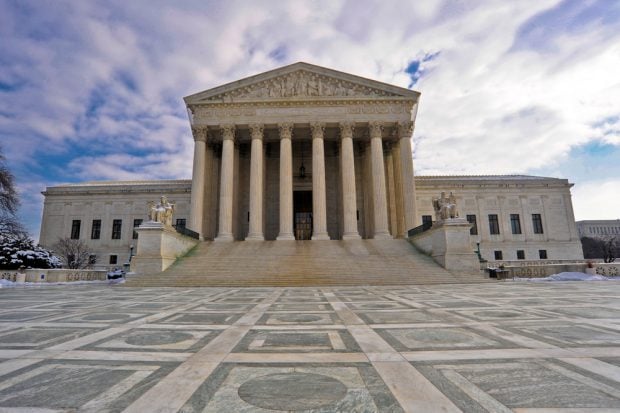The NCUA and other federal agencies have teamed up to informfinancial institutions that reporting suspected financial abuse ofelder Americans does not generally violate privacy law.
|“Specific privacy provisions of the Gramm-Leach-Bliley Act(GLBA) and its implementing regulations permit the sharing of thistype of information under appropriate circumstances withoutcomplying with notice and opt-out requirements,” said the“Interagency Guidance on Privacy Laws and Reporting Financial Abuse of Older Adults” issued Tuesday.
|Three parts of the act allow financial institutions to reportelder abuse to third parties, according to the guidance, which ispostedonline.
|“A financial institution may disclose non-public personalinformation to comply with federal, state or local laws, rules andother applicable legal requirements, such as state laws thatrequire reporting by financial institutions of suspected abuse,”the act says.
|Personal information can also be released to respond to anauthorized investigation or to respond to a judicial process. Acredit union, for example, can also release such information to“protect against or prevent actual or potential fraud, unauthorizedtransactions, claims or other liability.”
|Joining the NCUA in issuing the guidance were the Consumer Financial Protection Bureau, the Federal Reserve, theFDIC, the Federal Trade Commission, Office of Comptroller of theCurrency and the Securities and Exchange Commission.
|“Many older consumers are known personally by the tellers intheir local banks and credit unions. These employees may beable to spot irregular transactions, abnormal account activity, orunusual behavior that signals financial abuse sooner than anyoneelse can,” said CFPB Director Richard Cordray.
|“Today's guidance makes clear that reporting suspected elderfinancial abuse generally is not subject to these same concerns anddoes not violate the Gramm-Leach-Bliley Act,” Cordray said.
|The guidance mentions repeated large withdrawals, debittransactions uncommon for an older adult, random attempts to wirelarge amounts and the closing of CDs or accounts despite penaltiesas possible signs of elder financial abuse.
|NCUA Chairman Debbie Matz said her agency is issuing a letter tocredit unions to “reiterate” their interpretation of theGramm-Leach-Bliley Act.
|“We will be encouraging credit unions to review their policiesand procedures to ensure they are consistent with state law and theinteragency guidance regarding reporting requirements when theysuspect elder abuse or financial exploitation,” Matz said.
Complete your profile to continue reading and get FREE access to CUTimes.com, part of your ALM digital membership.
Your access to unlimited CUTimes.com content isn’t changing.
Once you are an ALM digital member, you’ll receive:
- Critical CUTimes.com information including comprehensive product and service provider listings via the Marketplace Directory, CU Careers, resources from industry leaders, webcasts, and breaking news, analysis and more with our informative Newsletters.
- Exclusive discounts on ALM and CU Times events.
- Access to other award-winning ALM websites including Law.com and GlobeSt.com.
Already have an account? Sign In
© 2024 ALM Global, LLC, All Rights Reserved. Request academic re-use from www.copyright.com. All other uses, submit a request to [email protected]. For more information visit Asset & Logo Licensing.









